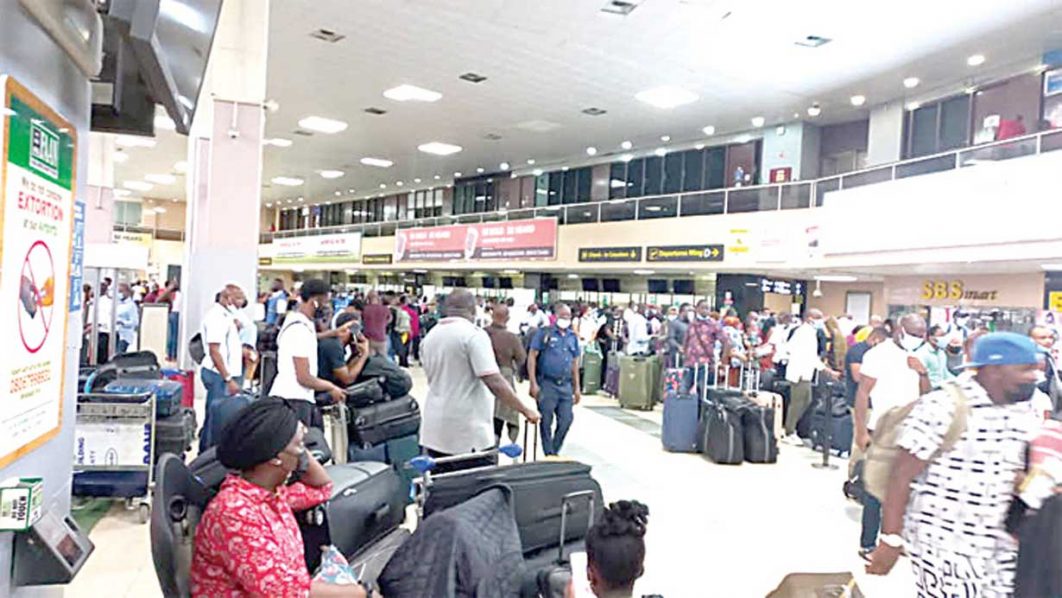
Vice Chancellor of Igbinedion University Okada (IUO), Prof. Lawrence Ezemonye, has said the prevailing economic downturn and poor remuneration for medical professionals were responsible for ‘japa syndrome’ in the country, particularly in the health sector.
He harped on the need for a healthcare system that not only empowers doctors but also prioritises their well-being, adding that their commitment to patients is influenced by their working conditions.
Ezemonye spoke at the 18th Oath-taking/Induction of newly qualified medical doctors of the 2022/2023 session of the institution.
Represented by the Deputy Vice Chancellor, Prof. Raphael Adeghe, the VC said the economic downturn led to a concerning trend of poor remuneration for medical professionals, with adverse impact on their morale and, consequently, the quality of healthcare offered.
“In recent years, Nigeria has experienced a multitude of complexities in the training and practice of medical doctors. Issues such as incessant strikes in the health sector, stringent limitations imposed by the National Universities Commission (NUC) on the number of students in a class year, a healthcare system tethering on the edge of fragility and the massive emigration of doctors in pursuit of better opportunities have confronted us with substantial challenges. The threat of adulterated drugs further exacerbated the predicament, endangering the health of our citizens,” Ezemonye said.
In his speech, Provost of the College of Health Sciences, IUO, Prof. Dominic Osaghae, tasked the inductees on hardwork and discipline in the discharge of their duties.
Osaghae, who identified poor work environment and poor remuneration as push factors responsible for brain drain in the health sector, advised the graduating medical students to remain in the country to improve the healthcare needs of citizens rather than joining in the ‘japa syndrome’.
He charged the inductees on a high standard in providing care for patients, noting that doctors trained in the university would compete and meet up with their counterparts trained internationally.






